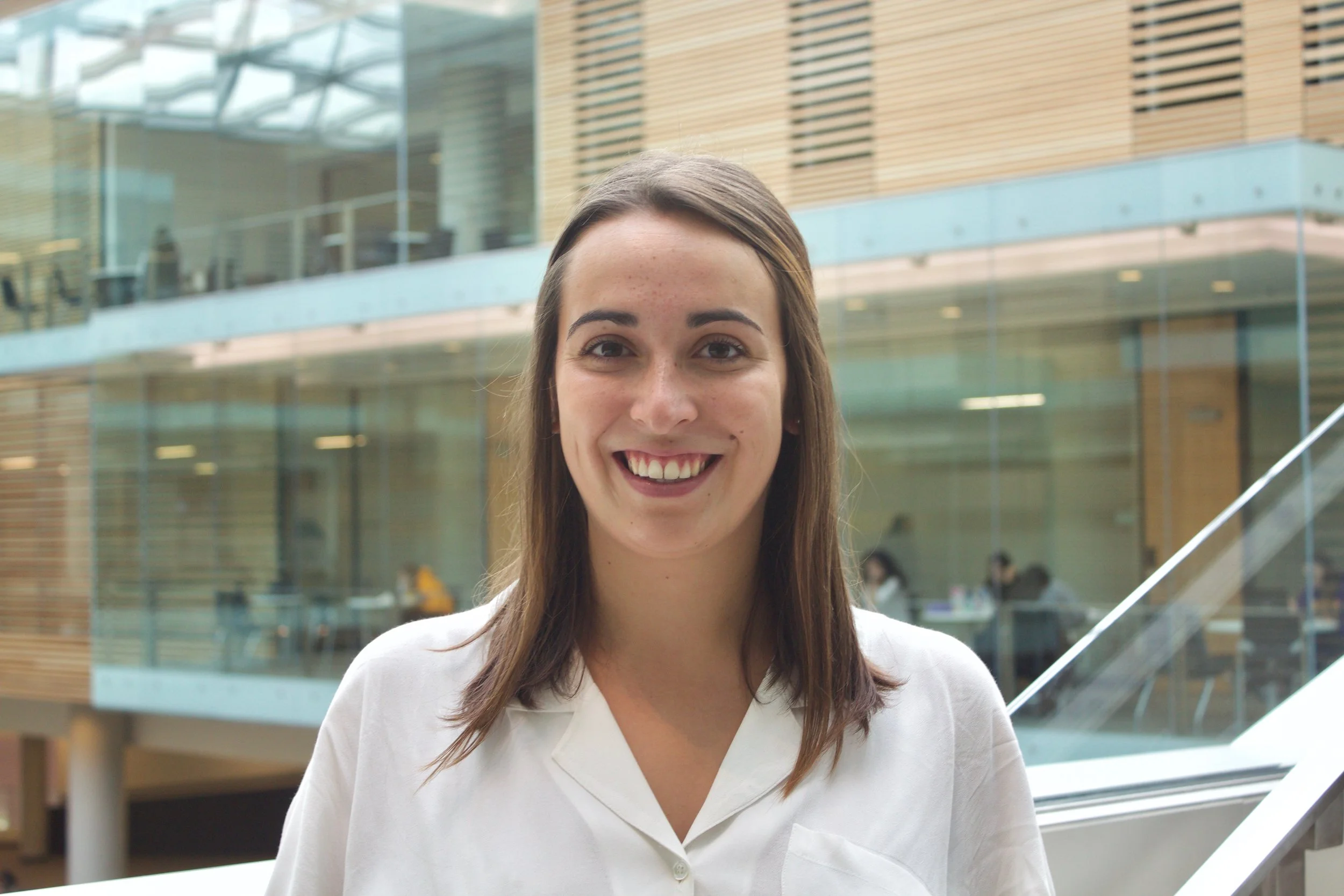Robyn Moffat is the Jacob Ross Clemens Foundation 2019 Wilfred Laurier scholarship winner.
Q&A with Robyn Moffat
Q: Tell us about yourself?
A.I’m going into my fourth year at Laurier for a BSc in Geography with Management Option. During the school year, I will be working on developing a start-up company that aims to close the loop of the fashion economy by up cycling textile waste into new clothing through a biochemical process. This is a passion project of mine as it closely aligns with my environmental sustainability values and motives. Many of my other interests have stemmed from different work experiences that I’ve been fortunate enough to have. For example, this past summer, I’ve benefited from the opportunity to apply my GIS skills at The Weather Network. During previous summers, I’ve also gained great experience as a gardener with the Royal Botanical Gardens of Burlington. Whereas gardening has become one of my recreational interests, GIS is a technical skill and interest that I hope to apply in my future career.
Q: Why have you chosen to pursue a career in environmental sustainability?
A: From a very young age, I’ve wanted to be an environmentalist. I think that the human population takes advantage of the fact that we can call such a beautiful and bountiful place our home. I want to personally live in closer unison with Earth and give back to it, as well as encourage others to do the same. Over consumption has become a lifestyle for humans and because of this, our Earth is suffering. I appreciate that it will be difficult to change people’s habits and views but it’s something I am willing to spend the rest of my life trying to achieve.
Q: Do you have a particular area of focus within environmental sustainability in mind?
A: I’m very interested in renewable technologies. I plan on going on exchange to Sweden in my final year of school to learn more about their sustainability initiatives that we could potentially bring back to Canada. After my undergraduate degree, if I chose to participate in a Masters program, I think I would pursue something in renewable technologies.
Q: How will the Jacob Ross Clemens Award help you reach those goals?
A: The funding I’ve received from this award will go towards continuing my education. I feel so fortunate to have the opportunity to be educated at a higher level and even more grateful for the financial support I’ve received. School can be quite stressful at times so having some of the financial pressures alleviated is something I really appreciate. In turn, I can now direct much more of my time and energy into the sustainability project that I am working on this year. And finally, this generous award will help me reach my goal of participating in the international student exchange program so that I can learn more about different sustainability initiatives around the world.
Q: What are your thoughts about the interconnectedness of mental health and environmental sustainability?
A: I think that a lot of mental health related issues can arise from unnatural sources. What I mean by unnatural sources are things that didn’t naturally occur in nature - things humans have created such as money, social media, and material goods. When we’re heavily engaged in these unnatural activities, they can cause feelings of anxiety and depression and we can lose sight of what is really important and real. If we can, instead, connect and focus on the beautiful natural environment and be grateful for it, I think it would help to bring an inner peace to people and help to resolve some of the unnatural and less healthy feelings they experience.
Q: Where do you think that major social changes need to take place in order for the JRCF to achieve it's vision of "... a world where all Canadians thrive with healthy minds in healthy environments."?
A:I think the amount that people are consuming needs to change. We purchase things to make us feel joy. The joy that a new material good provides us with, however, is not sustainable. The feeling only lasts a little while until we see the next new thing and grow a desire for it. We define our value through the things that we own. Not only is this unhealthy for our esteem, but it is also very harmful for the environment. We’re causing strain on our planet by constantly exploiting its resources, despite the repercussions. I think if consumers can learn to live with less and find value through different means, the world will be a healthier and happier place.
Q: Can you tell us about something occurring right now (a current event), that you believe has significant importance to environmental and/or mental health?
A: I feel a particular urgency and passion to address the lack of market for recyclable materials. When the Asian markets recently limited their acceptance of Canadian recyclables, our recycling system faltered because of our offshore dependency. Items that Canadians still believe to be recyclable are ending up in our landfills because no one wants to buy them. We dismiss items we see as recyclable from having an environmental footprint but that needs to change. If we can reduce our overall consumption and break the cycle of buying more in an effort to fulfill ourselves, we could reduce the amount of material that requires recycling. It would lead to a healthier planet and a healthier lifestyle.


